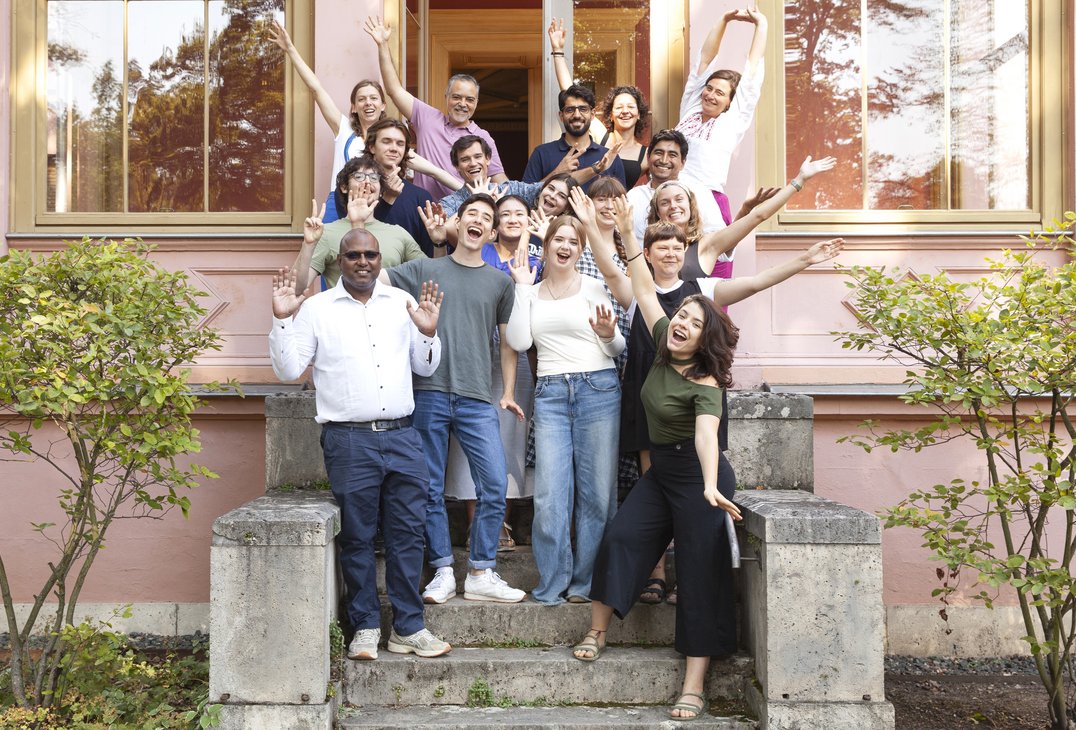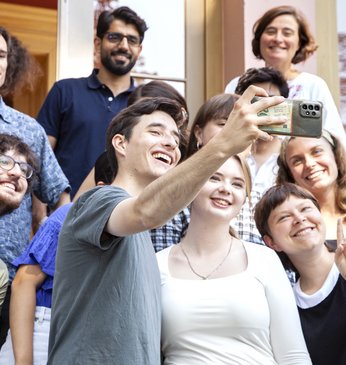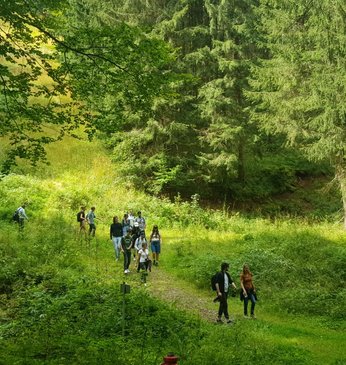In this intensive course (3+2 days online, 10-day face-to-face in Weimar), you will learn more about the biological complexity of the urban habitat and how to design multiform networks that operate ecosystematically and engage social, cultural and environmental systems. You will collaborate with your peers to plan sets of nature-based solutions that can transform our cities and reduce the impact of climate change.
A renewed conception of the city as a complex natural ecosystem
During the online week, you will have the opportunity to attend online lectures from international professionals (architects, urban planner, landscape architects, researchers in urban studies) presenting their approach to contemporary urban challenges and engage in rich debates with those experts. Bibliography and case studies will be shared and commented on collectively to offer a clear understanding of ecological infrastructure. What is exactly a “green or an ecological infrastructure"? What are the challenges faced to develop green infrastructure in different urban contexts worldwide? How environmental, social and cultural systems are always intertwined and what key concept like “One Health” means?
An intensive workshop to design an ecological network that corresponds to the climate and urban challenges of specific sites
During the 10-day workshop in Weimar, you will engage in a collaborative process that leads to a set of analysis and interventions at different scales to improve the ecological performance of the selected site. This site can be found in the neighborhood of the workshop place (Thuringia), in your hometown, in contexts you are familiar to, or in places the teachers are experts in (Latin-America, especially Mexico). You will learn to apply approaches of landscape urbanism to design a multiform network where forces interact and accumulate in the long term to help cities become more resilient to environmental changes. This will lead your team to consider different scales, from the power of action of each citizen, to the building performances, to public space management and maintenance, to the planning of the city-region, to the fate of the primary forests and the other species.
Final performance: exhibition
In addition to the active participation of the students, an exhibition and public presentation of the final projects will be organized. Each team will elaborate a visual board -or any other visual support- to present the site analysis, the ecological network designed and some specific elements that compose the green infrastructure. You will be able to explain your design process and argument your proposal to your peers, professors and invited experts and receive constructive feedbacks on your work.


